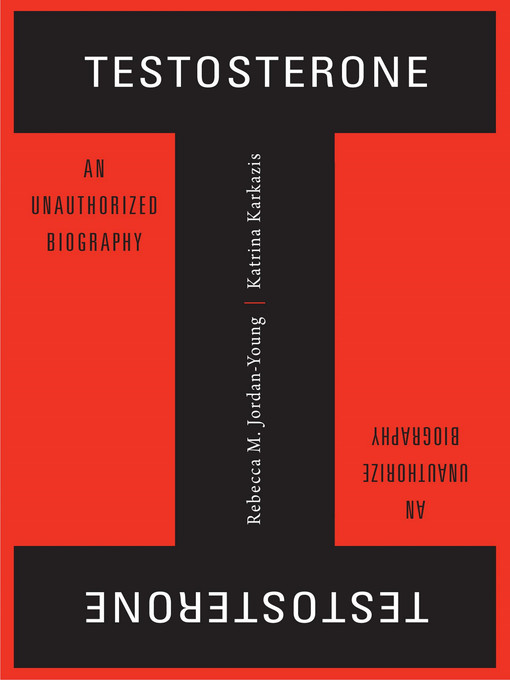An Independent Publisher Book Awards Gold Medal Winner
A Progressive Book of the Year
A TechCrunch Favorite Read of the Year
"Deeply researched and thoughtful."
—Nature
"An extended exercise in myth busting."
—Outside
"A critique of both popular and scientific understandings of the hormone, and how they have been used to explain, or even defend, inequalities of power."
—The Observer
Testosterone is a familiar villain, a ready culprit for everything from stock market crashes to the overrepresentation of men in prisons. But your testosterone level doesn't actually predict your appetite for risk, sex drive, or athletic prowess. It isn't the biological essence of manliness—in fact, it isn't even a male sex hormone. So what is it, and how did we come to endow it with such superhuman powers?
T's story begins when scientists first went looking for the chemical essence of masculinity. Over time, it provided a handy rationale for countless behaviors—from the boorish to the enviable. Testosterone focuses on what T does in six domains: reproduction, aggression, risk-taking, power, sports, and parenting, addressing heated debates like whether high-testosterone athletes have a natural advantage as well as disagreements over what it means to be a man or woman.
"This subtle, important book forces rethinking not just about one particular hormone but about the way the scientific process is embedded in social context."
—Robert M. Sapolsky, author of Behave
"A beautifully written and important book. The authors present strong and persuasive arguments that demythologize and defetishize T as a molecule containing quasi-magical properties, or as exclusively related to masculinity and males."
—Los Angeles Review of Books
"Provides fruitful ground for understanding what it means to be human, not as isolated physical bodies but as dynamic social beings."
—Science
- Available now
- New eBook additions
- New kids additions
- New teen additions
- Most popular
- Try something different
- African American Fiction
- Rediscover these titles!
- Urban Fiction
- Provided by a grant from the FINRA Investor Education Foundation
- Westerns
- See all ebooks collections
- Available now
- New audiobook additions
- New kids additions
- New teen additions
- Most popular
- Try something different
- See all audiobooks collections
- Health & Fitness
- Food & Cooking
- Tech & Gaming
- Family & Parenting
- News & Politics
- Business & Finance
- Photography
- Travel & Outdoor
- Home & Garden
- Fashion
- Celebrity
- Kids & Teens
- Comics & Manga
- See all magazines collections

